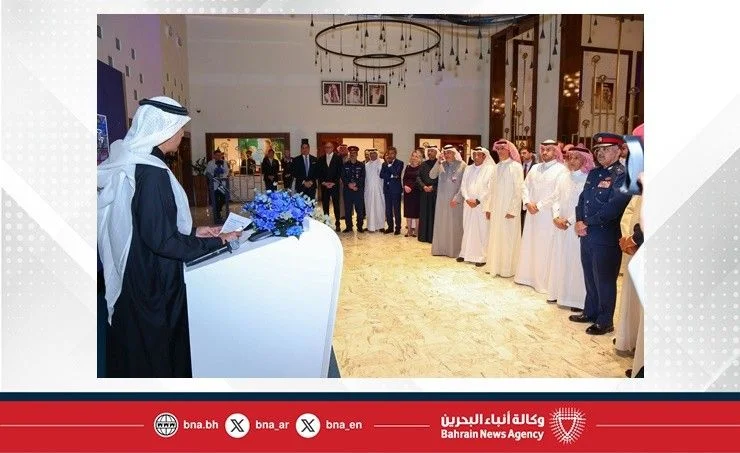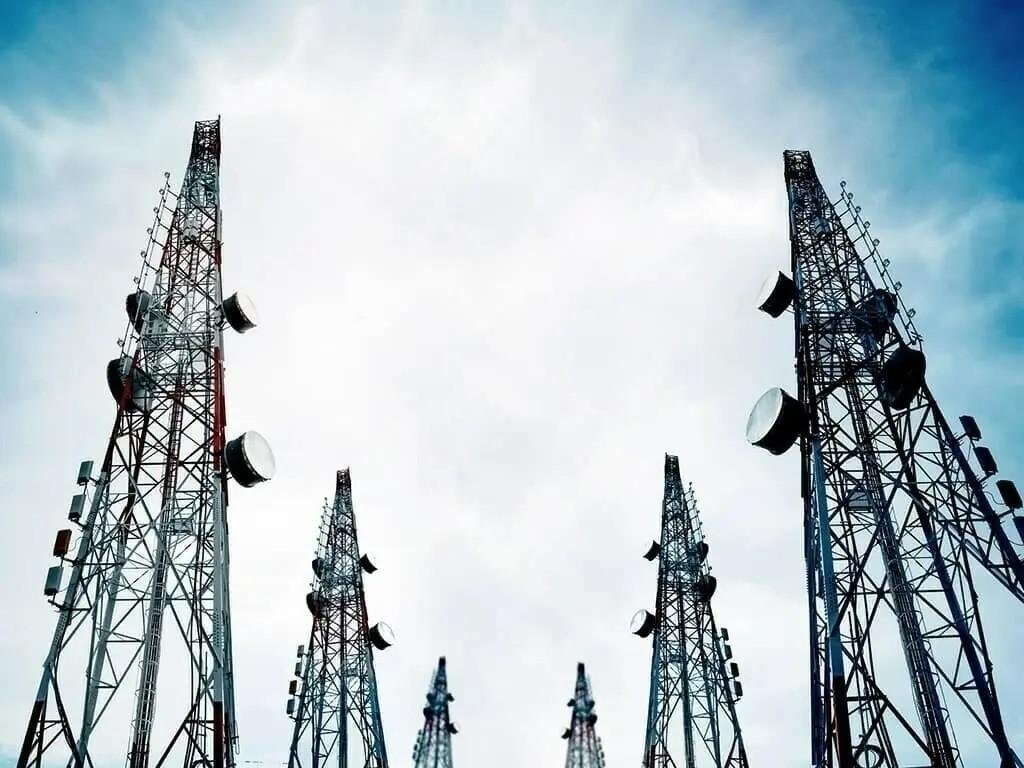The Independent Communications Authority of South Africa (ICASA) has launched a consultation process to develop a new regulatory framework that simplifies the licensing process for Low Earth Orbit (LEO) satellite operators, such as Starlink. This initiative aims to keep pace with the growing demand for satellite communications, particularly in remote and underserved regions where traditional networks are not feasible.
The proposed framework seeks to establish clear guidelines for satellite service providers, including procedures for authorizing various satellite services like user terminals, IoT terminals, and earth station user terminals. A key feature of the framework is its technology-neutral approach, allowing service providers to apply for a single licence based on the service offered, rather than the technology used.
ICASA is also considering revising spectrum fees, particularly for modern satellite systems using higher frequency bands. The current fee structure for geostationary satellite systems has led to high spectrum costs, deterring some satellite operators from entering the South African market. The new framework proposes lower spectrum fees for LEO satellite operators, given their lower spectrum usage and reduced interference issues compared to geostationary satellites.
Additionally, the framework will outline procedures for international satellite operators to register and operate in South Africa, ensuring compliance with both national and international regulations. This move aligns with the African Telecommunications Union’s (ATU) recommendation for member states to adopt transparent and harmonized regulatory frameworks to support satellite service growth across the continent.
While the new framework is promising for companies like Starlink, which currently lacks ICASA authorization to operate in South Africa, it’s unlikely that a licence will be granted before the end of the year. The consultation period for the new framework will continue until November 12.
Meanwhile, LEO satellite competitor Eutelsat OneWeb has been operating in South Africa since early 2024, offering services through partnerships with existing companies like Paratus, Avanti, Q-KON, and Seacom.















